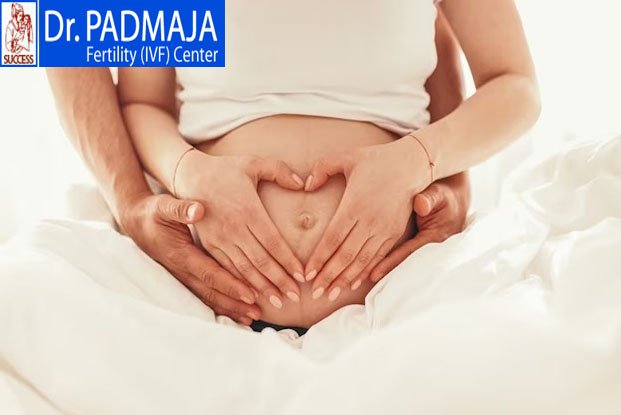How To Recognize Implantation Bleeding Symptoms?
Implantation bleeding refers to light spotting or vaginal discharge that some women may experience when a fertilized egg attaches itself to the lining of the uterus. Here are some common signs and symptoms that may indicate implantation bleeding: Timing: Implantation bleeding typically occurs around 6 to 12 days after conception, which is usually a few […]
Read More »









